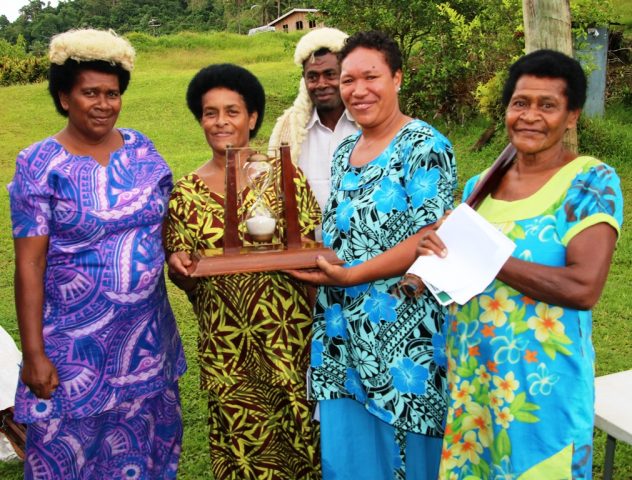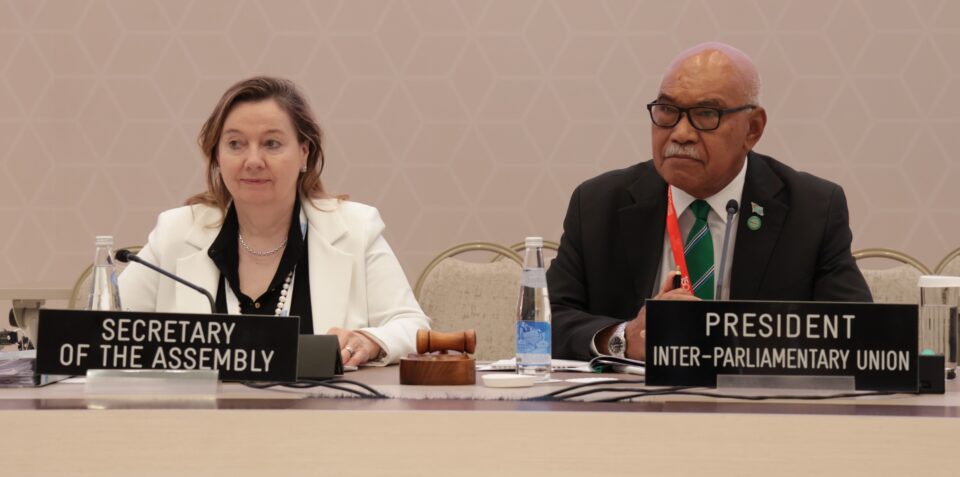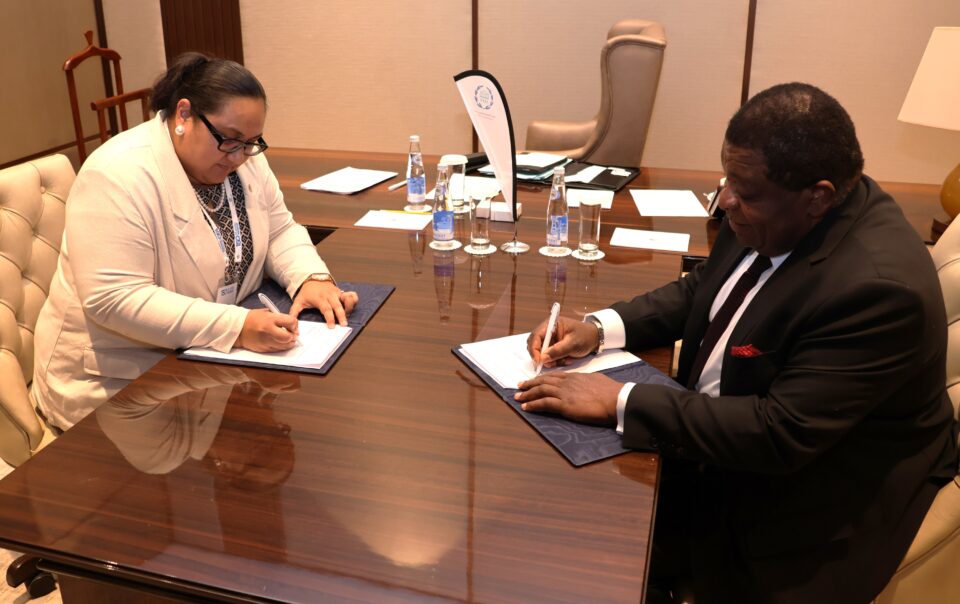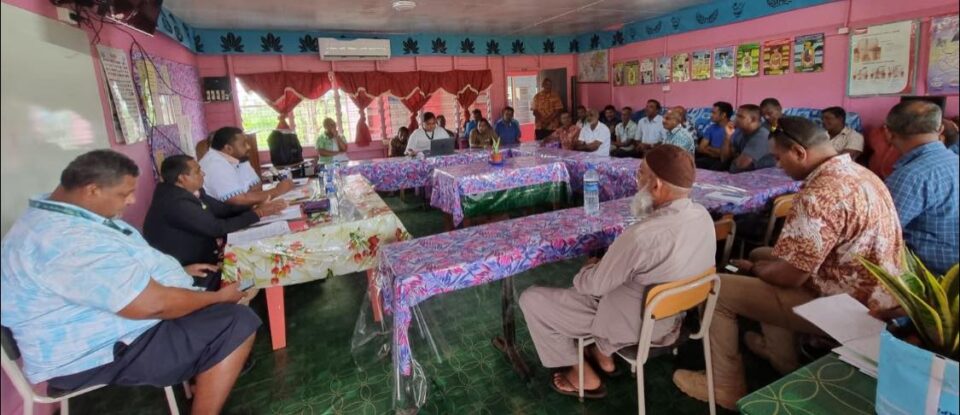Navolau visit historical – Ratu Manoa Seru

Speaker Hon. Dr Jiko Luveni braved the steep slopes and uphill footpath to meet villagers of Navolau yesterday, Monday 29 January 2018, for the first ‘Meet the Speaker’ programme this year.
According to the Turaga ni Yavusa Delai Ratu Manoa Seru, the villagers were overwhelmed that the Speaker left her high office to visit the rural dwellers to experience first-hand what they go through every day, and more importantly, to explain about her role as Speaker of Parliament and that of Members of Parliament.
“This is the first time that any Speaker of Parliament has ever visited our village. We only wished that our fathers and forefathers were alive today to witness the arrival of the Speaker. This occasion is a historical one for Navolau.”
“As for the programme today, I was one of the many that had reservations when the Speaker was chosen by the Government to take up the position, knowing fully well that she will always side with the Government.”
“But after her explanation today, I now understand that she has rules to abide by and we are so grateful for her performance thus far. Our students are also fortunate to be present today to hear from the Speaker,” Ratu Manoa said.
Similar sentiments were shared by 87-year old Iliseva Ika.
“For all the years I’ve lived in this village, this is the first time for a Speaker to visit us. So many new things I’ve learnt today and I’m grateful to be able to witness this event.”
Speaker clearly explained her role in Parliament, the attire she wears, the decisions she makes and how the villagers can connect with Parliament.
Yesterday, the ‘Parliament Bus programme’ was also conducted at Nabaitavo village where the villagers and the Year 7 and 8 students of Nabaitavo District School gathered at the village hall to hear about the roles and functions of Parliament, how laws are made and how they can participate in the parliamentary process.
The team will visit other villages in the districts of Waidina and Nabaubuco in Naitasiri next week.
Plans are also in the pipeline to visit villages and schools in the maritime areas.
-End-






